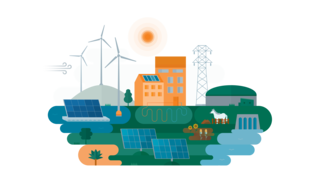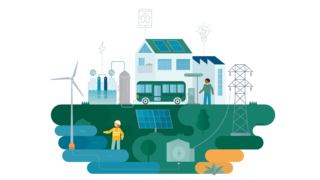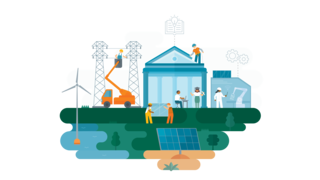About
Established in 2012 through a joint declaration of intent signed by the Ministries of Foreign Affairs, the German-Tunisian Energy Partnership aimes to foster strategic cooperation between Germany and Tunisia with a focus on the energy sector.
As a key platform for bilateral energy dialogue, the partnership facilitates high-level political engagement and promotes collaboration between public institutions, the private sector, research bodies, and civil society.
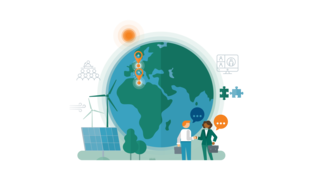
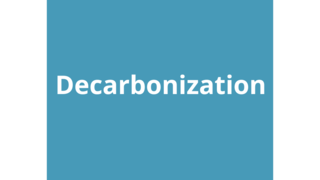

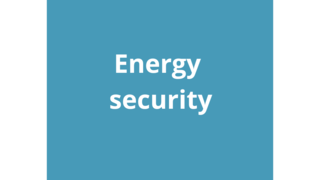
Our thematic focuses
The partnership focuses on expanding renewable power generation, strengthening grid infrastructure, improving regulatory and technical frameworks and fostering economic opportunities in the energy sector, supporting therefore Tunisia and Germany’s energy transition.
Our partners
Initiated by
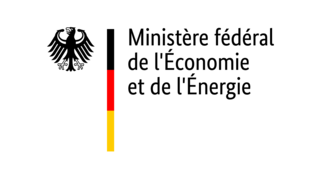
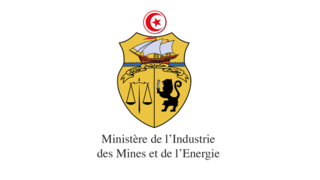
Implemented by
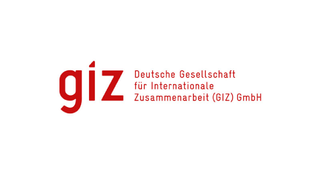
In cooperation with
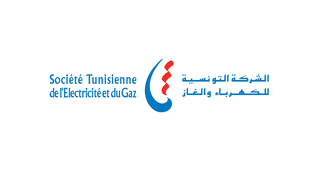
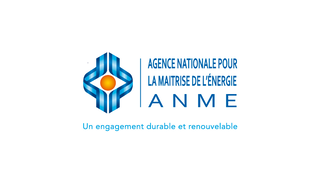
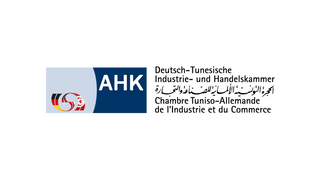
Disclaimer
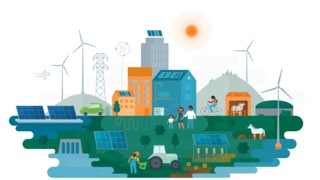
The German-Tunisian Energy Partnership is commissioned by the Federal Ministry for Economic Affairs and Energy (BMWE) and the Tunisian Ministry of Industry, Mines and Energy (MIME) and implemented by The Deutsche Gesellschaft für Internationale Zusammenarbeit (GIZ) GmbH. A team of advisors based in Tunis serves as a point of contact and coordination for its activities.
